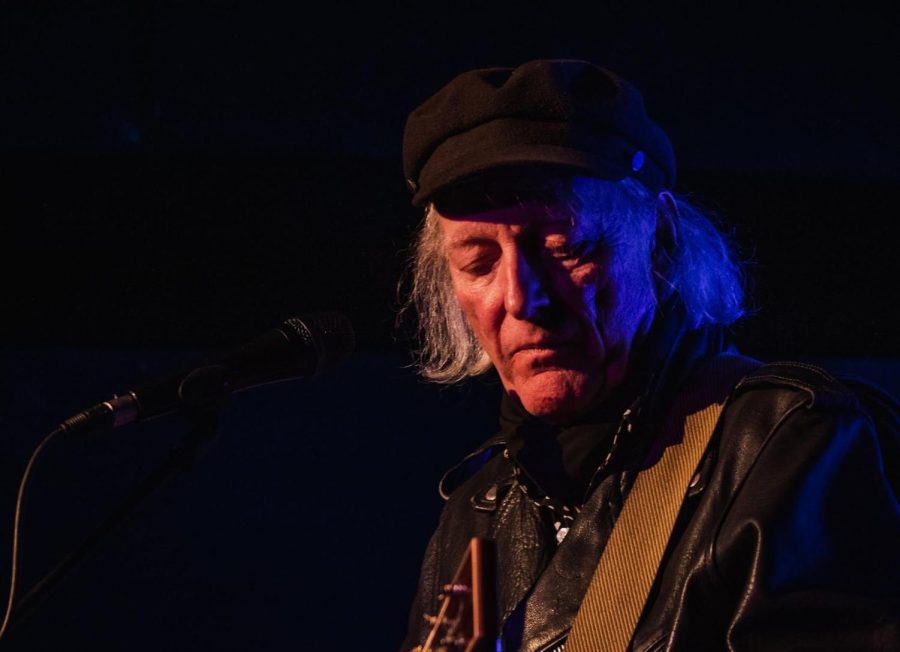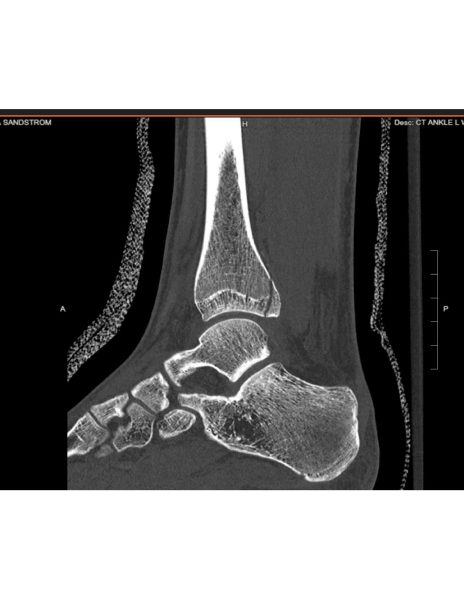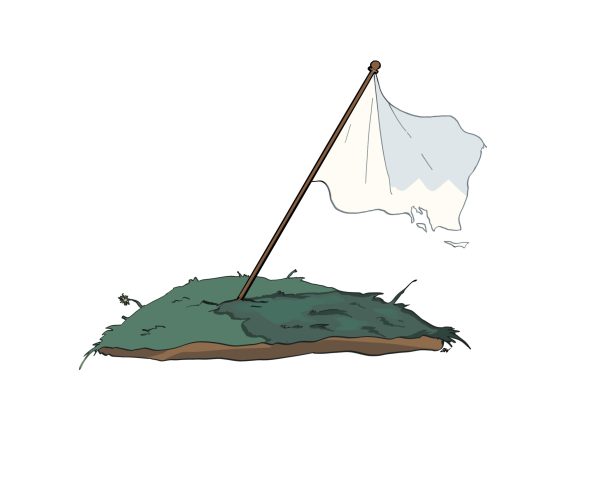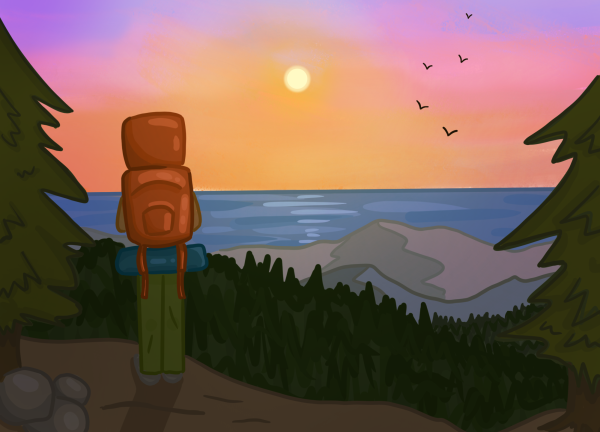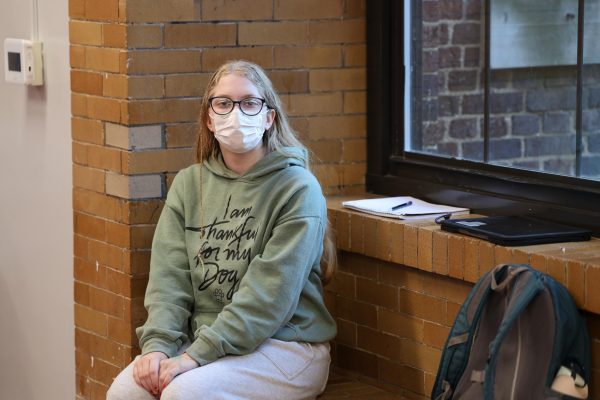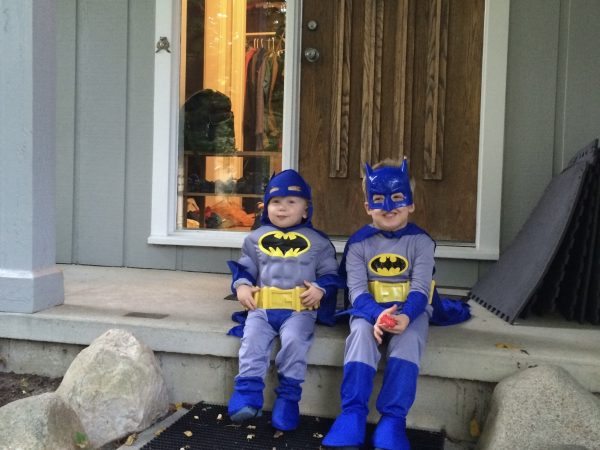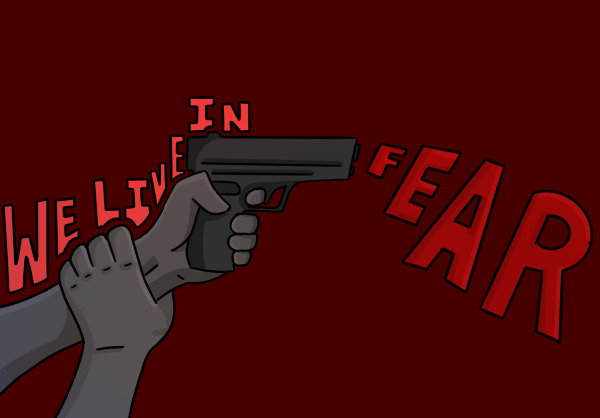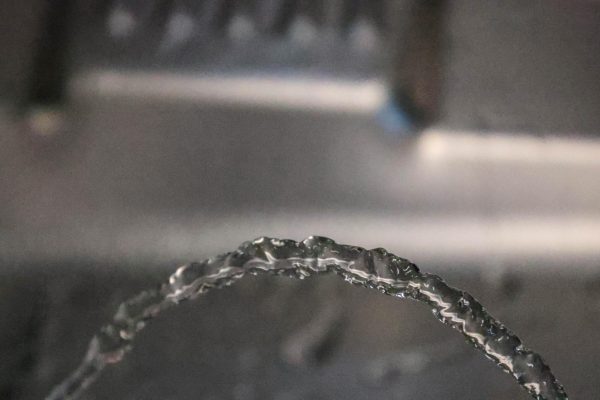Foreshadowing the Sound
Martin Newell, founder of The Cleaners From Venus, performing in 2022. Photo courtesy of Martin Newell.
My introduction to The Cleaners From Venus, a lo-fi band from Wivenhoe UK, was through Spotify’s Discover Weekly algorithm in a moment of 100% taste-making accuracy. “Only a Shadow,” the band’s strange, somewhat paranormal, cassette-released pop song, became their greatest hit once it was released to Spotify. It also quickly became my favorite song. According to Martin Newell, the band’s founder and only consistent member since it began in 1980, their top demographic on streaming services is 18 to 32 year olds.
“My manager, Johnny and I [had an argument] because of this — we’ve divided on why young people would be interested in me,” Newell said. “People of my own age have never really liked my music very much. Even when I was a young person I was regarded as just over the top.”
“Only a Shadow” has racked up nearly seven million streams on Spotify — a much different publishing method than Newell had been familiar with for the majority of his decades-long career. Newell began recording his projects at home in 1974, six years before the conventional four-track home studio was put on the market. He recorded his early songs on a simple one-track tape recorder, playing all of the instruments himself and simply adding new recordings on top of the original one.
“I thought, ‘why don’t I make records at home?’” Newell said. “That was the beginning of it. And then it was because I’d had such a bad time with stupid record companies.
The year that “Only a Shadow” was released, 1981, was the same year that he purchased his first four-track tape recorder. Newell and a small band recorded the album that “Only a Shadow” appears on, “Midnight Cleaners,” entirely on this four-track tape recorder in Newell’s home. They distributed it the same way, tired of the bad luck and sales quotas associated with record companies.
“I thought, ‘do we have to sell 200,000 of everything?’” Newell said. “Suppose we sold 200 cassettes, that would be quite big to me. So how big do we need to be? I think if we’ve sold 200 cassettes, we’re doing really well. If we sold 100, that’s all right. Then we’ll just make another one. Most people who do DIY do not take it seriously. Most people treat home recording as a means to an end. And I’ve always regarded it as the end. I thought, in theory, if we’ve got four or eight tracks, we’ve got the same amount as the Beatles or the Rolling Stones or any of my ‘60s heroes when I was a boy. Those people recorded on much more primitive things, but I was thinking if I had the patience and the ability and the experience, I could make records as good as those records that are still immortal — at home, without any interference. And the technology has improved. It’s gotten better. It’s gotten simpler, [and] it’s gotten cheaper and I was there right at the beginning of it.”
The internet has brought over 150,000 monthly Spotify listeners to The Cleaners From Venus.
“If the internet had existed in 1981 or ‘82, we’d have gotten overground a lot quicker,” Newell said. “We were ahead of our time, the idea we had was self-empowerment.”
Newell’s sound has spread from the UK’s cassette culture to the present — when I asked my guitar teacher to write the sheet music for “Only a Shadow” a few years ago, he wondered if the band was from the 1980s or 2010s. But from Newell’s view, at the age of 69, he’s becoming more experienced with every album he writes, records and produces from home.



